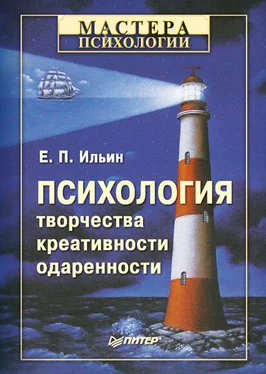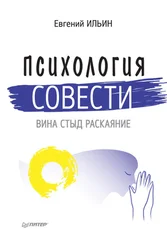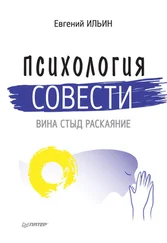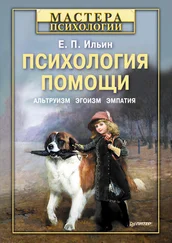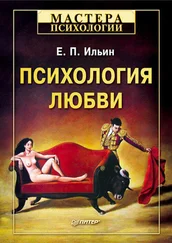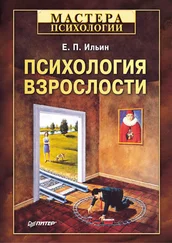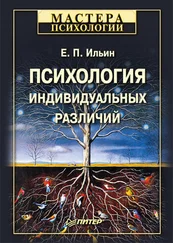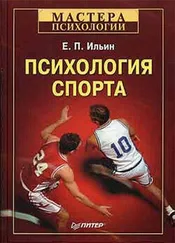Research Journal. 1997. V. 19. № 1. P. 1–8. Davis G. A., Subkoviack M. J. Multidimensional analysis of a personality-based test of creative potential //
Journal of Educational Measurement. 1975. V. 12 (1). P. 37–43. De Moss K., Millch R., De Mers S. Gender, creativity, depression and attributional style in adolescents
with high academic ability // Journal of Abnormal Child Psychology. 1993. V. 21. P. 455–467. Dennis W. Variations in Productivity among Creative Workers // Sciently Month. 1955. V. 80. P. 278. Dennis W. Age and productivity among scientists // Science. 1956. V. 123 (3200). Dennis W. Creative productivity between the age of 20 and 30 years // Journal of Gerontology. 1966. V. 21
(1). P. 1–8.
Dennis W., Girden E. Current Scientific activities of psychologists as a function of age // Journal of
gerontology. 1954. V. 9. P. 175–178. Derks P. Human production: An examination of three models of creativity // Journal of Creative
Behavior. 1987. V. 21. P. 325–326. Derks P., Hervas D. Creativity in humor production: Quantity and quality in divergent thinking //
Bulletin of the Psychonomic Society. 1988. V. 26 (1). P. 37–39. Dodd D. H., White R. M. Cognition: Mental structure and process. Boston. Allyn and Bacon, Inc. 1980. Drevdahl J. E. Factors of Importances for Creativity // Journal of Clinical Psychology. 1956. V. 23. Dudek S. Z., Strobel M. G., Runco M. A. Comulative and proximal influence on the social environment and
childrens creative potential // Journal of Genetic Psychology. 1993. V. 154. P. 487–499. Dutta-Roy D. Personality model of fine artists // Creative Research Journal. 1996. V. 9. P. 391–394. Educating the gifted. F. S. Freeman (ed.). NY. 1966.
Epstein S. Individual differences in intuitive-experiental and analitical-rational thinking styles // Journal
of Personal and Social Psychology. 1996. V. 71. № 2. P. 390–405. Ericsson K. A., Faivre I. A. Whats exceptional about excepcional abilities? // L. K. Obler, D. Fein (eds.).
The exceptional brain. Guilford Press. 1988. Esquivel G. B., Lopez E. Correlations among measures of cognitive ability, creativity and academic
achievement for gifted minority children // Perceptual and Motor Skills. 1978. V. 47. P. 1255–1264. Eysenck H. J. Genius: the natural history of creativity. Cambridge. Cambridge University Press. 1996. FeingoldA. Measuring humor: A pilot study //Perceptual and Motor Skills. 1982. V. 54 (3, Pt. 1). P. 986. Feingold A. Measuring humor ability: Revision and construct validation of the Humor Perceptiveness
Test // Perceptual and Motor Skills. 1982. V. 54 (3, Pt. 1). P. 986. Feldhusen J. F., Goh B. E. Assessing and assessing creativity: An interpretive review of theory, research
and development // Creative Research Journal. 1995. V. 8. P. 231–247. Feldhusrn J. F., Willard-Holt C. Gender differences in classroom interactions and career aspirations of
gifted students // Contemporary Educational Psychology. 1992. V. 18. P. 355–362. Feldman D. H. A developmental framework for research with gifted children // D. H. Feldman (ed.). New
directions for child development: No. 17. Developmental approaches to giftedness and creativity. San
Francisco. Jossey-Bass. 1982. Feldman D. H. Creativity: dreams, insights and transformation // R. Sternberg, T. Tardif (eds.). The
nature of creativity. Cambridge. Cambridge University Press. 1988. P. 271–297. Feldman D. H., Csikszentmihalyi M., Gardner H. Changing the world: A framework for the study of
creativity. Yale. Yale Press. 1994. Feldman D. H., Goldsmith L. T. Natures gambit. NY. Teachers College Press. 1991. Ferris D. R. Humor and creativity: Research and theory // Journal of Creative Behavior. 1972. V. 5. P. 75–79. Finke R. A., Warde T. B., Smith S. M. Creative cognition: Theory, research and application. Boston. MIT
Press. 1992.
Finke R. A., Ward T. B., Smith S. M. The creative cognition approach. Cambridge. M. A. MIT Press. 1995. Forisha B. L. Creativity and imagery in men and women // Perceptual and Motor Skills. 1978. V. 47. P. 12551264.
Foster J. Creativity and Teacher. Macmillan. 1971.
Friedman R. S., Fishbach A., Forster J., Werth L. Attentional Priming Effects on Creativity // Creativity
Research Journal. 2003. V. 15. № 2–3. P. 277–286. Frischeiser-Kohler I. The personal tempo and its inheritance // Character and Personality. 1933. № 1. Frohlich A. Aesthetic Paradoxes of Abstract Expressionism and Pop Art // British Journal of Aesthetic.
1966. V. 6. № 1. P. 17–25. Fuchs B. K., Karnes M. B., Johnson L. J. Creativity and intelligence in preschoolers // Gifted Child
Quarterly. 1993. V. 37 (3). P. 113–117. Gagne F. Constructs and models pertaining to exceptional human abilities // K. A. Heller, F. J. Monsk, H.
Passow (eds.). International handbook of research and development of giftedness and talent. Oxford.
1993. P. 76–86.
Gaillard J. M. The expression of psychodynamic forces in the paintings of Modigliani // International Journal Short-Term Psychotherapy. 1992. V. 7. P. 109–122.
Galton F. Hereditary Genius. NY. Julian Friedman. 1869–1978. Gardner H. Frames of mind. NY. Heinemann. 1984.
Gardner H. Creativity lives and creative works: a synthetic scintific approach // R. Sternberg, T. Tardif
(eds.). The nature of creativity. Cambridge. Cambridge University Press. 1988. P. 298–324. Gardner H. Creating minds. NY. Basic Books. 1993.
Gardner R. W., Holzman P. S., Klein G. S., Linton H. B., Spence D. P. Cognitive control. A study of individual consistencies in cognitive behavior // Psychological Issues. Monograph 4. V. 1. NY.
1959.
Gardner R. W., Jackson D. N., Messick S. J. Personality organization in cognitive controls and intellectual
abilities // Psychological Issues. Monograph 8. V. 2. NY. 1960. Geary D. C. Male, female: The evaluation of human sex differences. Washington, DC. Am. Psychol. Ass. 1998. Gelade G. A. Creativity in conflict: The personality of the commercial creative // Journal of Genetic
Psychology. 1997. V. 158. № 1. P. 67–78. Getzels J. W., Scikzentmihaly P. W. Creative thinking // Science Journal. 1967.
Getzels J. W., Jackson P. W. Creativity and intelligence: Explorations with gifted children. NY. Wiley. 1962. Ghiselin B. Ultimate Criteria for Two Levels of Creativity // C. W. Taylor, F. Barron (eds.). Scientific
Creativity. NY. 1963.
Glasser R. Education and thinking: The role of knowledge // American Psychology. 1984. V. 39. P. 93–104. Getzels J. W., Jackson P. W. Creativity and Intelligence. London. NY. 1968.
Gifford S., Murawski B., Brazelton B., Berry T., Young G. Differences in individual development within a pair of identical twins // International Journal of Psycho-Analysis. 1966. V. 47. № 2–3.
Goertzel M. G., Goertzel V., Goertzel T. G. Three Hundred Eminent Personalities, San Francisco: Jossey-Bass. 1978.
Goldberg P. The intuitive edge. Understanding and developing intuition. Los Angeles. Jeremy P. Tarcher
Inc. 1983.
Goldberg P. The intuitive experience // W. H. Agor (ed.). Intuition in organizations: Leading and
managing productively. Newbury Park, CA. Sage. 1989. P. 173–194. Goorden W.J.J. Synectics. The Development of Creative Capacity. NY. 1961. Gordon W. J. Synestetics: The Development of Creative Capacity. Harper. 1961.
Читать дальше
Конец ознакомительного отрывка
Купить книгу
